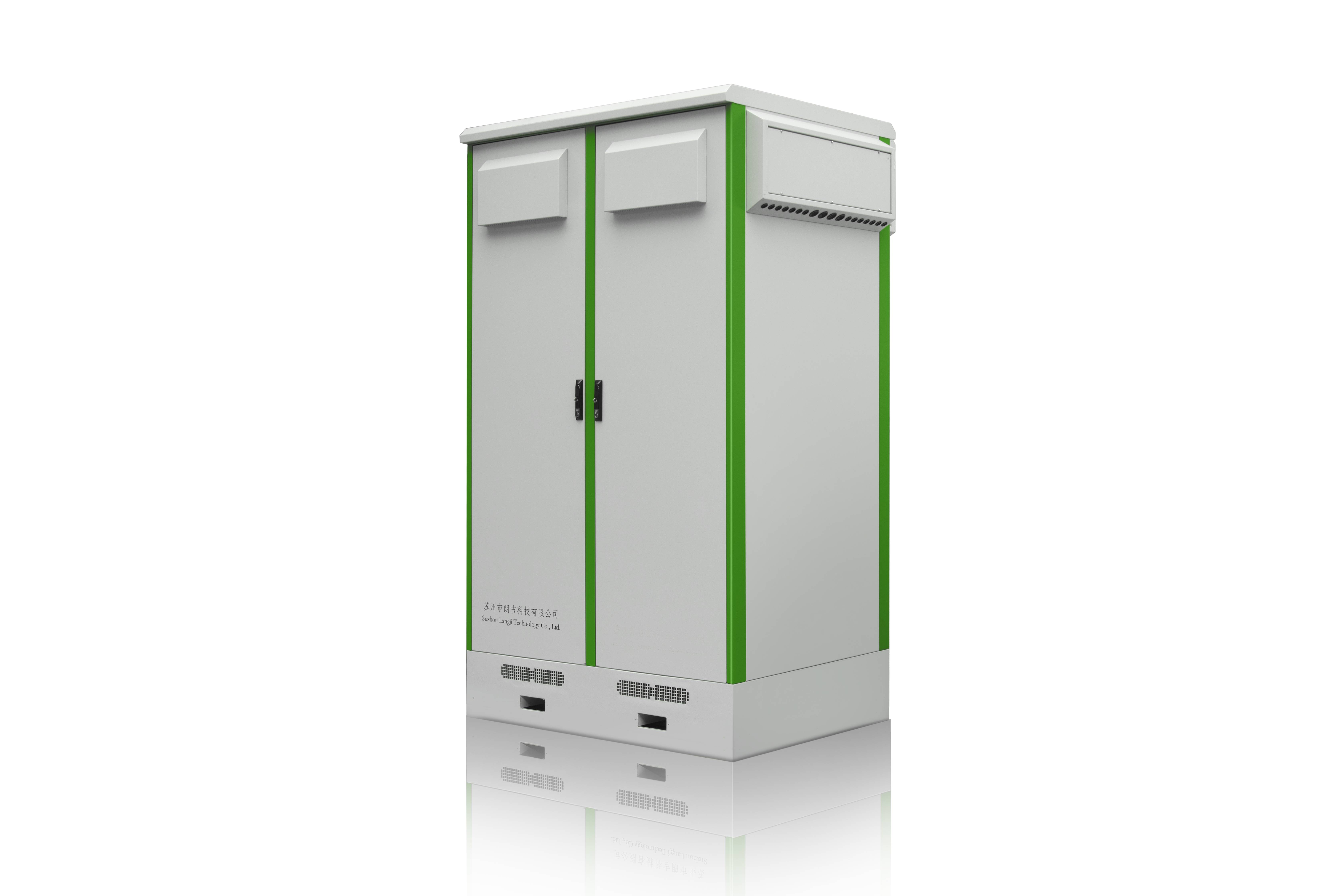
Dec . 13, 2024 18:45 Back to list
ce certification energy consumption
Understanding CE Certification and Its Impact on Energy Consumption
In today’s rapidly evolving world, energy consumption has become a pivotal topic that intertwines with industrial practices, environmental sustainability, and economic considerations. The CE (Conformité Européenne) certification is a crucial regulatory mark that indicates a product's compliance with European health, safety, and environmental protection standards. While this certification is often associated with product safety and performance, its implications for energy consumption are equally significant.
What is CE Certification?
CE certification is a mandatory conformity mark for products sold within the European Economic Area (EEA). It signifies that the product has met EU safety, health, and environmental protection requirements. The concept of CE marking was introduced to facilitate the free movement of goods within the EEA and ensure a high level of consumer and environmental protections.
The CE mark is required for a variety of products, including machinery, electronic devices, construction products, and toys. Manufacturers must assess their products, conduct the necessary testing, and compile technical documentation to prove compliance with applicable European directives and regulations. Importantly, the CE mark is vital for ensuring that products contribute to energy efficiency and do not compromise environmental safety.
The Link Between CE Certification and Energy Consumption
The connection between CE certification and energy consumption can be observed through various directives aimed at improving energy efficiency. The Ecodesign Directive is a prime example, which sets out requirements for energy-using products to promote energy efficiency and reduce environmental impact. This directive mandates that manufacturers enhance the design of their products to minimize energy consumption during their lifecycle, from production to disposal.
By adhering to the criteria established by these directives, manufacturers are encouraged to innovate and produce energy-efficient products. For instance, electrical appliances marked with the CE label may also comply with the Energy Labeling Directive, which classifies products based on their energy efficiency. This enables consumers to make informed choices, opting for products that not only comply with safety standards but also minimize energy consumption, ultimately leading to lower utility bills and a lesser carbon footprint.
ce certification energy consumption

Economic and Environmental Benefits
The push towards energy-efficient products has vast economic and environmental benefits. On a macroeconomic scale, improving energy efficiency across industries can lead to substantial reductions in energy costs. A more efficient use of energy resources translates into lower operational costs for businesses, fostering economic growth and potentially leading to lower consumer prices.
From an environmental standpoint, reducing energy consumption is crucial in the fight against climate change. Energy production is a significant contributor to greenhouse gas emissions; therefore, products designed with energy efficiency in mind help decrease overall demand for energy and reduce emissions. The CE certification process, by encouraging sustainable practices, supports the EU’s broader goals of reducing carbon emissions and promoting renewable energy sources.
Challenges and Future Directions
While the CE certification has a positive influence on energy consumption, there remain challenges. Smaller manufacturers may find compliance daunting due to the regulatory complexities and costs associated with testing and certification. Additionally, there is the challenge of non-compliant products entering the market, which can undermine the efforts of those adhering to CE standards.
To address these concerns, it is essential for authorities to enhance efforts in monitoring and enforcement, ensuring that all products on the market are compliant. Moreover, increasing awareness of the benefits of CE certification among consumers can drive demand for certified, energy-efficient products, creating a market incentive for manufacturers to invest in sustainable practices.
Conclusion
In conclusion, CE certification plays a vital role in shaping the landscape of energy consumption within the European Union. By enforcing standards that require products to meet safety and environmental criteria—specifically in terms of energy efficiency—CE certification fosters innovation and supports sustainability efforts across industries. As we move towards a more energy-conscious world, the continued emphasis on CE certification will be instrumental in promoting responsible consumption and protecting our environment for future generations.
-
Advanced AI Energy Management with GPT-4 Turbo
NewsAug.02,2025
-
AI-Powered EMS with GPT-4-Turbo | Efficiency Boost
NewsAug.01,2025
-
Optimized Storage System for GPT-4-Turbo | High Performance
NewsJul.31,2025
-
AI Energy Management System w/ GPT-4 Turbo Efficiency
NewsJul.31,2025
-
High-Performance Energy Storage System for Reliable Power Solutions
NewsJul.30,2025
-
Advanced EMS Solutions for Energy Management System & Storage Battery Companies
NewsJul.29,2025























